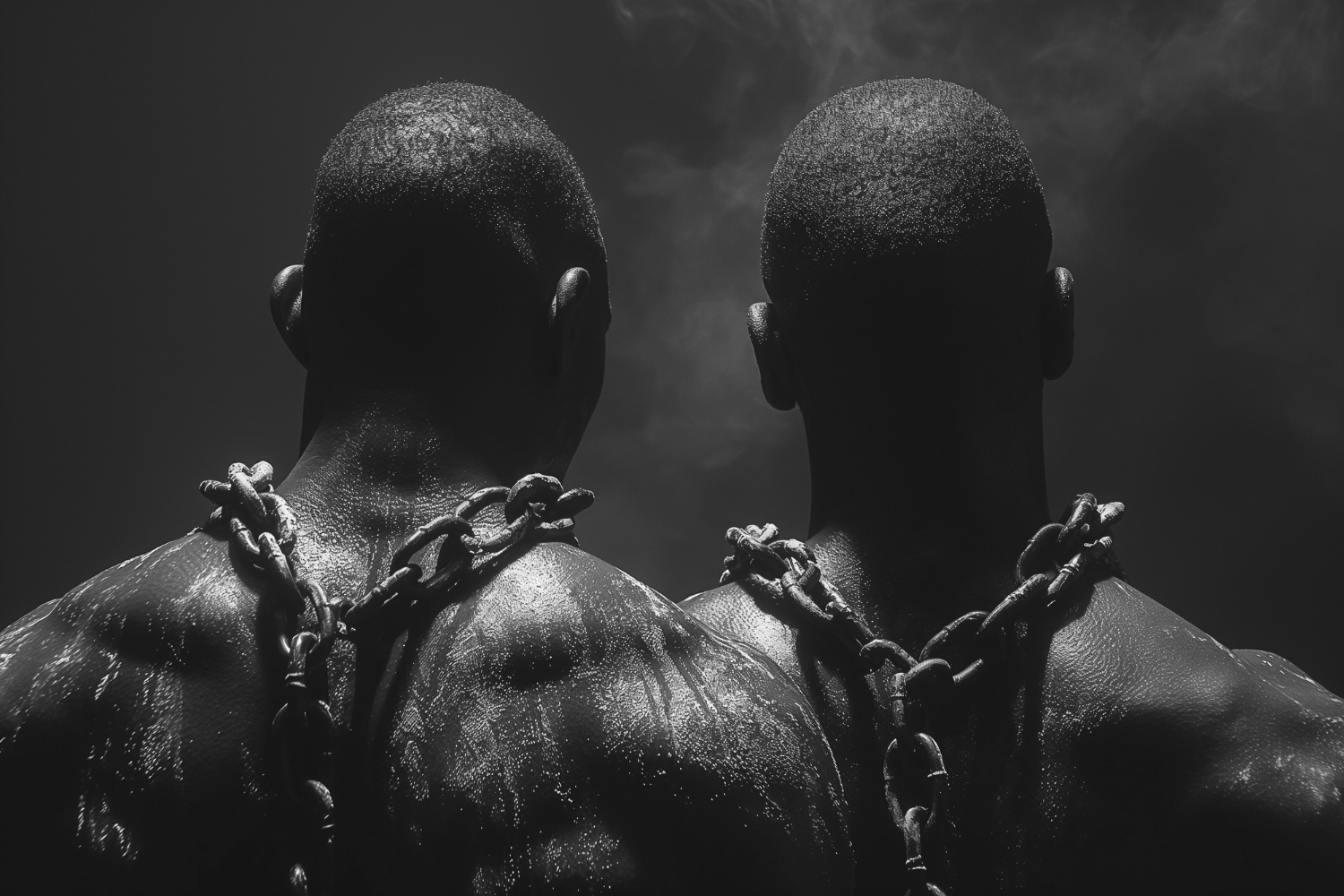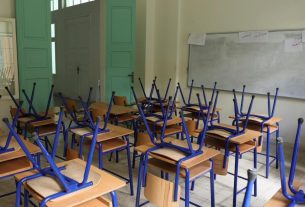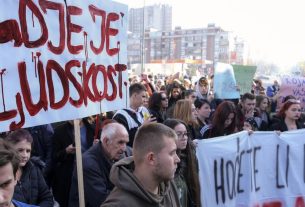The United Nations Support Mission in Libya (UNSMIL) has expressed grave concern over disturbing footage circulating on social media, showing prisoners being subjected to torture and abuse at the Gernada detention facility in Libya. The video depicts extreme violence against detainees, raising serious human rights issues within the country.
In a statement released on Tuesday, UNSMIL condemned the actions displayed in the footage and called for an immediate investigation into the alleged violations. The organization urged Libyan authorities to hold accountable those responsible for these abuses, emphasizing the need for justice.
The incident has brought renewed attention to Libya’s ongoing challenges in upholding human rights standards. Torture is explicitly prohibited under international law, including the Convention Against Torture (CAT) and the International Covenant on Civil and Political Rights (ICCPR), both of which Libya has signed. Failure to investigate and address such allegations risks further undermining the country’s international reputation and its ability to provide legal recourse for victims of abuse.
This development comes against the backdrop of Libya’s post-conflict instability following the 2011 NATO-backed intervention that led to the ousting of Muammar Gaddafi. Since then, the country has been mired in factional conflict, and allegations of human rights violations have persisted. If the torture claims are substantiated, Libya could face international sanctions or other punitive measures, and the International Criminal Court (ICC) may become involved if the actions are determined to amount to crimes against humanity.
The situation underscores the ongoing struggle to establish stable legal and judicial systems in post-conflict states, particularly in regions where governance structures remain fragile. A recent Amnesty International report highlighted similar concerns, documenting crimes committed by the al-Kaniat armed group, including torture and forced disappearances, in the Libyan city of Tarhouna. These actions further emphasize the need for accountability and respect for human rights in Libya’s recovery process.
Picture from Freepik



